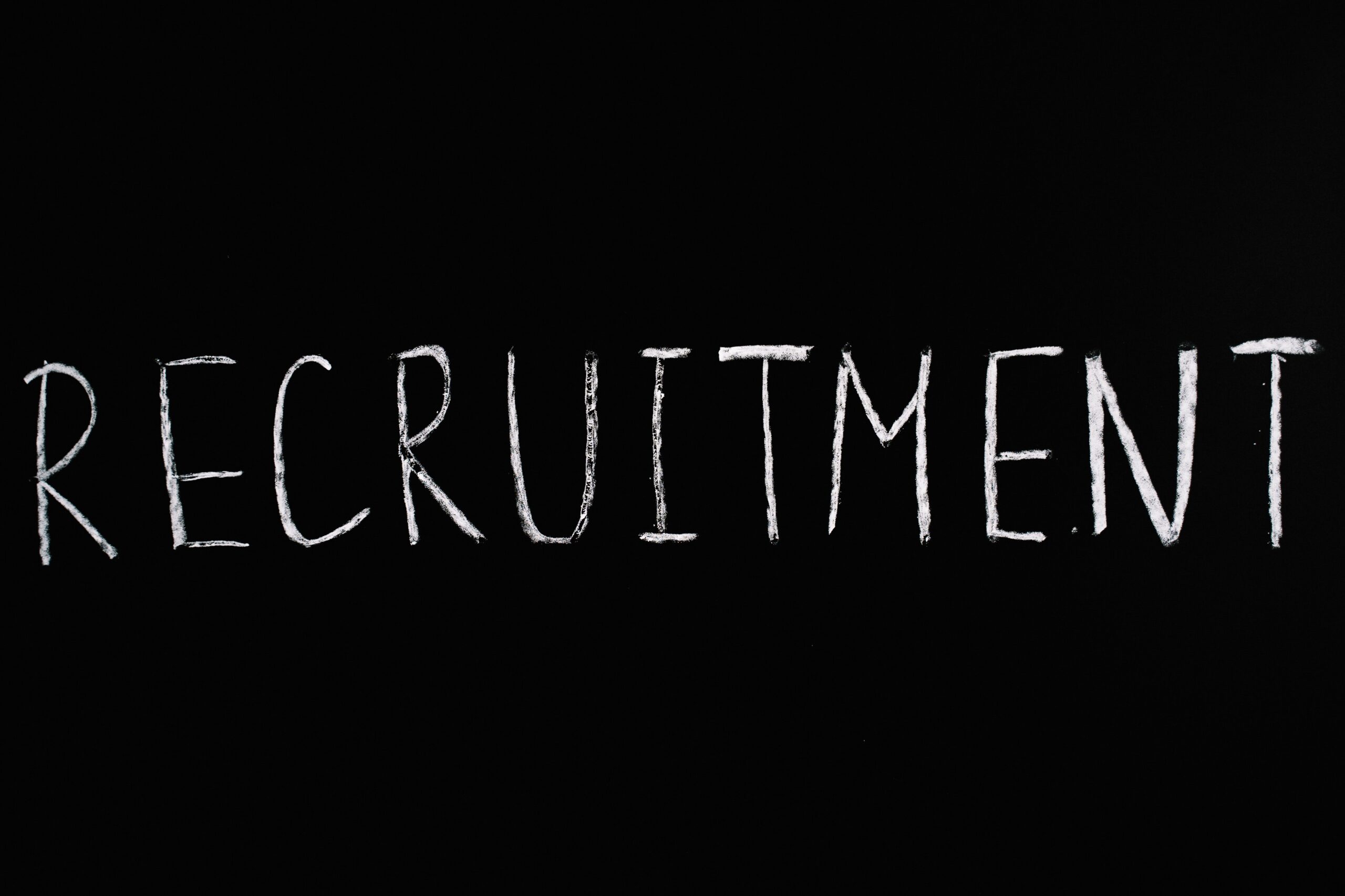

Reducing IT recruitment time – is it possible?
Albert Einstein used to say: Time is a relative concept. Trying to translate this sentence into the language of recruitment, a three-stage process lasting over a month is mercilessly prolonged for candidates, while for Hiring Managers it may be the optimal time to select the best future employees. But is it possible to satisfy both sides?
Not only in the IT industry "fight" for a new employee is fierce. Currently there are a lot of job offers and candidates can run through them and apply to several places. This means that with the current competition on the market, time can play an important role. According to a study conducted by the GlassDoor recruitment service, globally the average recruitment time for one position takes a company about 24 days. 25 countries were surveyed and Poland with an average of 26 days was ranked 13th. In Germany the average is 28.5 days, in the UK 27.5 days and in the US 23.5 days. Brazil (40 days) and France (39 days) have the longest recruitment times, while India (16 days) and Israel (17 days) have the shortest. So how can we reduce recruitment time to a level that is satisfactory to both the candidate and the recruiter?
The starting point is the recruiter's understanding of the job profile and the expectations of the hiring manager. This allows us to determine from the CV analysis whether the candidate meets the requirements for the role. This is important both when actively seeking candidates and when screening candidates from job boards. Role profiling helps us make a quicker decision whether to engage someone in the recruitment process or not. With direct search it is worth paying attention to the professional experience of candidates, declared skills, frequency of job changes, completed projects, certificates obtained. In this way we are more confident that our offer will fit the profile of the candidate.
Employing companies have different approaches to the number of stages of the recruitment process. More and more noticeable is the trend away from the multi-stage process. Currently, it closes in 2-3 meetings. When organizing a three-stage recruitment process, you should try to complete it in a maximum of 3-4 weeks (depending on how many candidates are involved). Four and more stages make the recruitment process longer in time, and also the candidates are less willing to engage in such a long process. Not to mention the fact that competitors don't sleep and during this time, the candidate may accept another of the offers.
How about going a step further and shortening the recruitment process to one meeting? It seems that it is possible for companies that do not have an extensive decision-making structure. Sometimes in corporations, hiring decisions have to be made by several managers who want to get to know and look at candidates. In a smaller organization, a Hiring Manager, a person checking qualifications and a person testing soft skills can be involved in one meeting. Then the recruitment process can be done very quickly.
What if managers delay the decision on the next steps of the recruitment process? Recruiters should influence them through conversations and explaining that time is of the essence in recruitment. Making and communicating decisions quickly can also be key to building candidate experience. The candidate feels that he or she presented themselves well enough at the meeting, and by providing quick feedback, the company shows them that it cares about them.
These are just a few suggestions regarding activities shortening the time of the recruitment process. It is important to remember to properly prepare for such a recruitment process. Starting with understanding the requirements, good profiling of candidates and their selection, speed of decision making and influencing the Hiring Manager. If the recruitment is carried out quickly and substantially then we gain not only time, but also a new employee.

